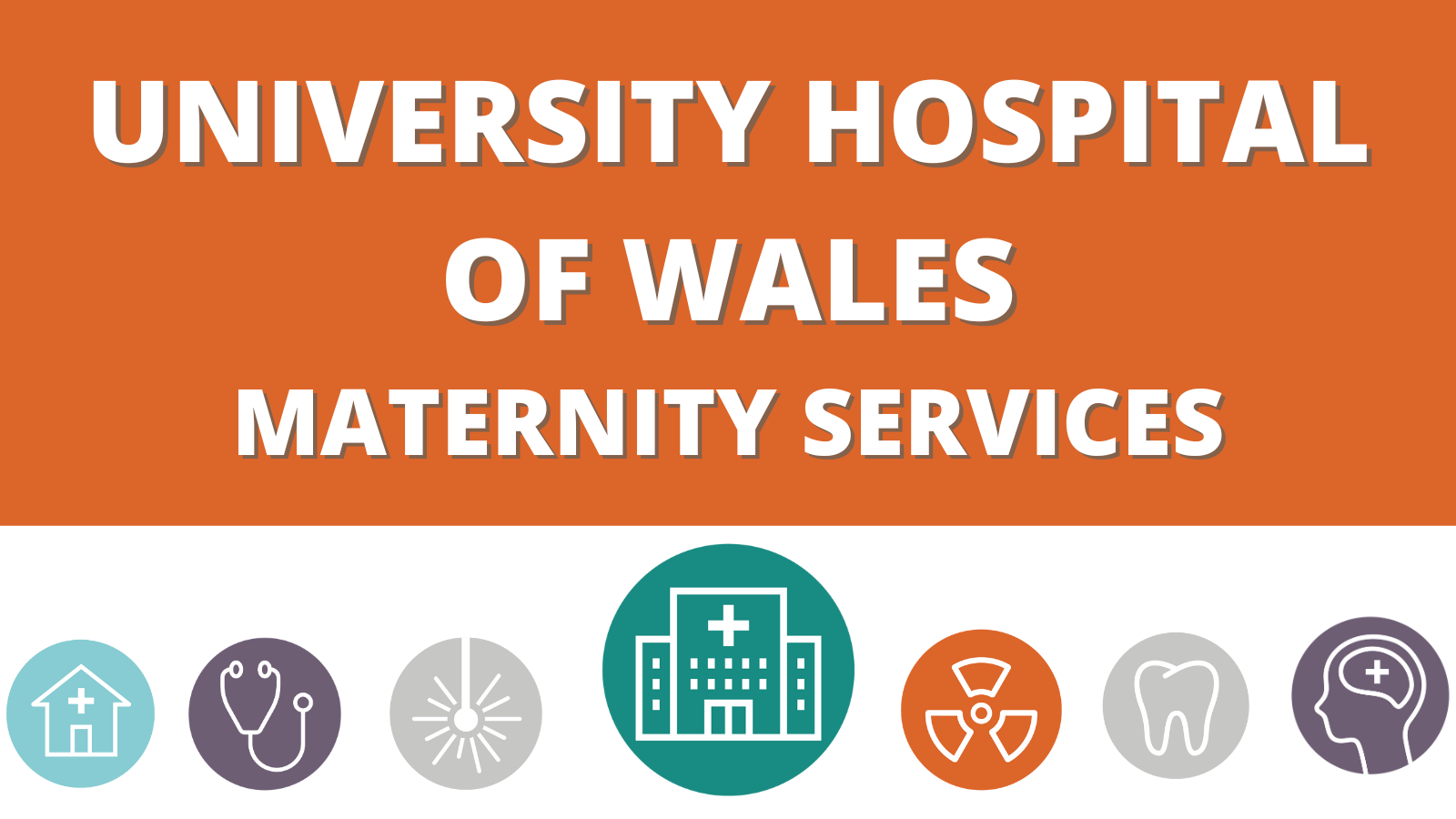Maternity services in Cardiff and the Vale still require urgent improvement
Today, a report has been published by Healthcare Inspectorate Wales (HIW) following two inspections of maternity services at the University Hospital of Wales.

HIW completed an unannounced inspection of the hospital’s maternity services across three consecutive days in November last 2022. During the inspection, HIW identified several patient safety concerns, and an immediate improvement notice was issued to Cardiff and Vale University Health Board. Due to the significance and number of risks identified, HIW undertook a further follow-up inspection in March 2023.
In November we identified issues regarding many aspects of the maternity service which meant that patients were not consistently receiving an acceptable standard of timely, safe, and effective care. During the follow up inspection we did see some improvements had been made in many areas. However, there remained significant challenges, and overall, the improvements were not progressing at the pace required. Inspectors again identified issues which required immediate action by the health board to reduce risks to patients.
At the time of our inspection in November, we found that the maternity unit had experienced a sustained period of low staffing levels. We found low morale amongst staff that we spoke to, and similar comments were received following a staff survey. We acknowledged that low staffing levels meant staff were working hard in extremely challenging circumstances to deliver care for their patients. Many staff members went above and beyond to ensure that their patients were well cared for.
However, of serious concern to inspectors was evidence of some Black, Asian and Minority Ethnic women feeling that they were being treated differently. The health board has since implemented a number of initiatives and strategies to improve the experience of Black, Asian and Minority Ethnic patients. These improvements must be sustained and the health board needs to ensure it engages with relevant patients to check these initiatives are making a difference.
In March, inspectors found staff were working hard to provide patients with a positive experience, despite sustained pressures on the department. Staff were observed to be providing kind and respectful care, and the patients we spoke to were generally positive about the care provided. However, some patients raised concerns about staff availability and sufficient support. This subsequently had a negative impact on the ability of the service to provide care which was timely. It was also impacting on the ability of staff to protect the dignity and privacy of patients.
During the March inspection it was confirmed that a more than £2 million pound investment will be used to increase staffing levels in the department, and the staff we spoke to were optimistic about the improvements in staffing levels.
In November, we raised significant concerns around infection prevention and control including cluttered areas, security issues, and low staffing levels. Whilst we observed some improvements in March, we found evidence that general infection prevention and control measures were not sufficiently robust in all areas.
In March further immediate assurance issues were raised, including medicine not being stored securely, a visibly dirty theatre and treatment areas, the availability of life-saving equipment, insufficient plans in place to protect the safety and dignity of patients and, insufficient management and security of confidential patient information. We also found that the quality of management and leadership was not sufficiently focused and robust. We found that the wider leadership and governance arrangements were not having a sufficiently effective or supportive impact on the maternity unit. The hospital did have good multidisciplinary teams working across different services and regular governance meetings were being held to improve services and strengthen governance arrangements. Senior managers told us they aimed to be a visible presence on the unit and were making efforts to build up confidence and trust between the unit staff and senior management. Midwifery staff gave positive feedback about their immediate line managers, and generally said they could be relied on to help with difficult tasks.
Overall, we were concerned that the culture was not supportive and did not adequately promote accountability and safe patient care. However, during the follow up inspection we noted the beginning of some improvements in governance arrangements – specifically these improvements related to the appointment of key staff and some changes to the investigations process.
Healthcare Inspectorate Wales, Chief Executive Alun Jones said:
Our work has highlighted significant challenges within the maternity services at Cardiff and Vale University Health Board. Whilst there were some improvements identified during our return inspection in March, the scale of issues and pace of change was not sufficient and as a result further urgent action was required. I hope this report will accelerate the measures taken to drive forward timely improvements for not only expectant and new mothers but also staff within the maternity unit. We will be working with the health board to ensure robust improvements are made and evidenced.
March 2023 - Inspection Summary Report - Maternity Unit, University Hospital of Wales
March 2023 - Hospital Inspection Report - Maternity Unit, University Hospital of Wales